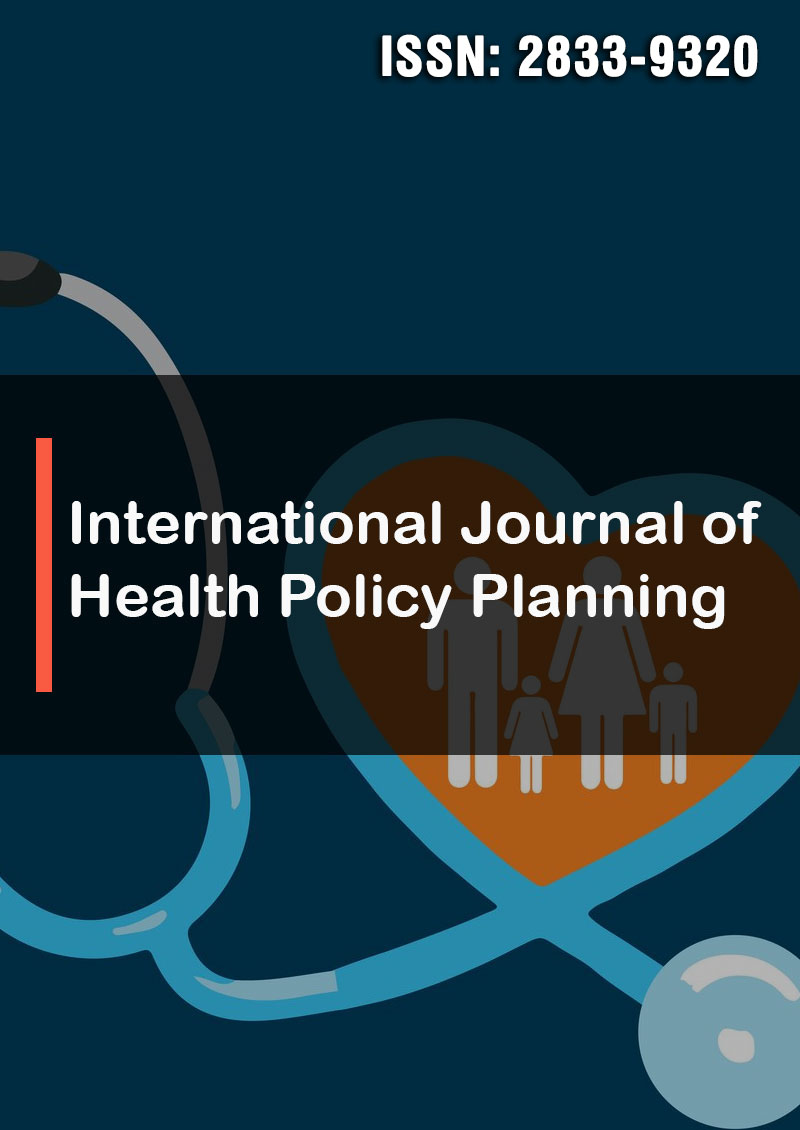Transforming Healthcare in Africa: The Role of Artificial Intelligence in Combatting Infectious Diseases, Neglected Tropical Diseases, and Antimicrobial Resistance
Abstract
ANGYIBA Serge Andigema, NGNOTOUOM NGNOKAM Tania Cyrielle, NDJIE Daniel Laetitia and Ewane Ekwelle
This review article focuses on the role of Artificial Intelligence (AI) in transforming healthcare in Africa, specifically in combatting infectious diseases, Neglected Tropical Diseases (NTDs), and antimicrobial resistance. We provide a comprehensive overview of the significance of AI in the healthcare industry, highlighting its urgency and importance in addressing these specific health challenges in Africa. We begin by discussing the role of AI in infectious disease surveillance and outbreak detection. We explore how AI technology can be employed for real-time tracking and prediction of outbreaks, providing examples of successful AI applications in infectious disease surveillance within the African context. Next, we examine the potential of AI-enabled diagnosis and treatment for faster and more accurate diagnoses of infectious diseases and NTDs. We highlight specific examples of AI applications in diagnosing and treating these diseases in Africa, showcasing the potential of AI to improve clinical outcomes and save lives. Furthermore, we focus on how AI-driven drug discovery and development can expedite the search for new treatments for infectious diseases and combat antimicrobial resistance. We present examples of AI applications in drug discovery within the African context, illustrating the potential for AI to revolutionize the development of effective therapeutics. In addition, we delve into how AI-powered public health interventions can enhance the design and implementation of targeted interventions. We explore how AI can optimize resource allocation and facilitate data-driven decision-making processes, providing examples of AI applications in public health in Africa. Finally, we address the challenges and limitations of implementing AI in combatting infectious diseases, NTDs, and antimicrobial resistance in Africa. We discuss potential barriers and ethical concerns surrounding AI applications in healthcare, aiming to encourage informed and responsible utilization of AI technologies. Overall, this review emphasizes the importance and potential of AI in combatting infectious diseases, NTDs, and antimicrobial resistance in Africa. It positions AI as a catalyst for revolutionizing healthcare in the region, leading to more effective disease surveillance, diagnosis, treatment, drug discovery, and public health interventions.




